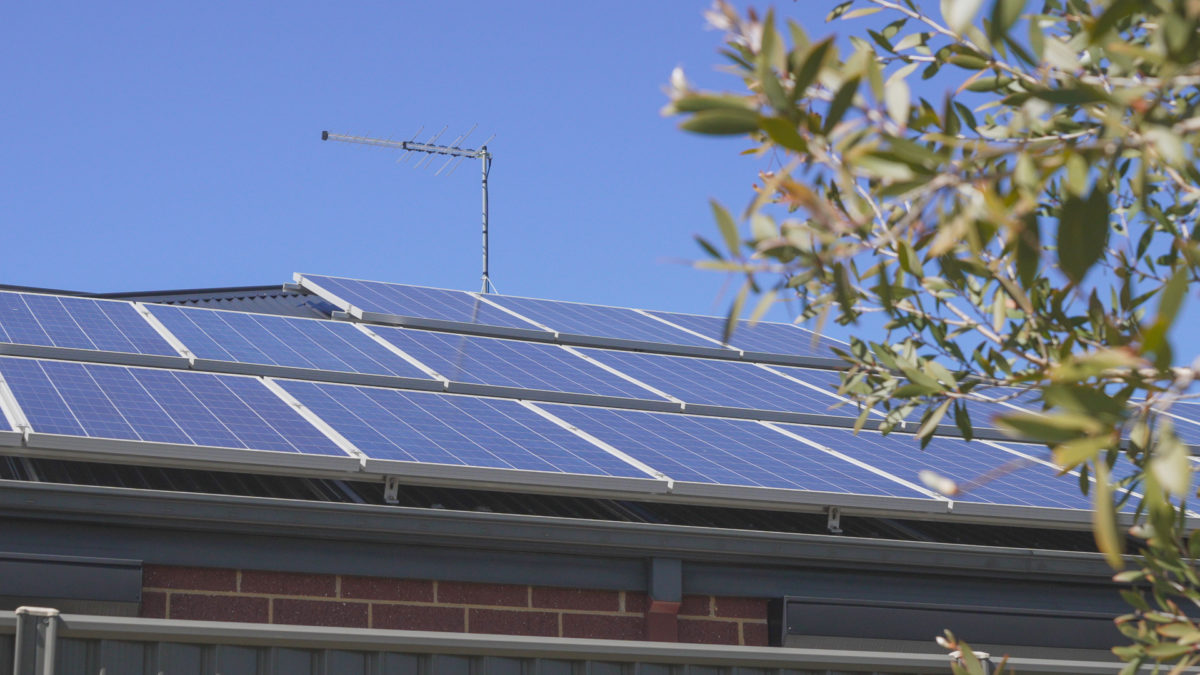Western Australian non-profit housing advocacy organisation Shelter WA has called on the Western Australian government to upgrade social housing with energy efficiency measures. The proposed “Healthy Homes” retrofit package encompasses a rollout of ceiling fans, fly-screens, curtains, insulation, draught sealing, reverse cycle air conditioners, efficient electric hot water systems and solar panels.
Shelter WA argues that social housing renters could save as much as $50 million off the energy bills of social housing renters every year by making homes more energy efficient. The housing advocacy organisation says a previous analysis commissioned by ACOSS shows the energy efficiency retrofitting of social housing could save tenants between about $780 and $1,500 per year on energy bills.
Shelter WA chief executive Kath Snell said, “From Kununurra to Karratha, Carnarvon to Kalgoorlie, and even in the urban heat islands of Perth’s metropolitan areas, many social housing tenants are sweltering through extreme heats with no air conditioners or ceiling fans and struggling to afford to pay the power bills that they have racked up from using inefficient cooling systems.”
Other independent studies show that energy efficiency in social housing significantly alleviates hospitalization and healthcare costs. Rising heatwaves particularly affect low-income households and vulnerable groups.
A study published in the Australian National Library of Medicine in 2022 indicates such measures would affect not only those in need of social housing but the economy at large. Heatwaves have been conclusively linked to increased levels of health service demand in Australia. The study reviewed health service demand during Australian heatwaves for hospital admissions, emergency department presentations, ambulance call-outs, and risk of mortality. Heatwaves were shown to kill more people than any other natural hazard.
In Victoria, the Department of Health found that not only are heatwaves becoming hotter, longer and more frequent (Bureau of Meteorology, 2018), but that this disproportionately affects people with existing chronic health conditions, low-income households and people who are socially isolated among others (Department of Health and Human Services 2018a). These conditions are costly to the healthcare system and can be alleviated with adequate energy efficiency in social housing.
Snell points out, “In the midst of a cost-of-living crisis, the government would get a better return on investment and create a greater legacy if it delivers budget measures that reduce expensive energy bills permanently, more so than through one-off rebates.” She highlights that the Cook Government could build on previous initiatives, including the Smart Energy for Social Housing pilot and the installation of water-wise fixtures in public housing.
The housing advocacy organisation has concrete targets. According to Shelter WA, a statewide “Healthy Homes” energy efficiency retrofit of all social housing in Western Australia would cost $152 million over three years for the first 10,000 public housing properties. Beyond this short term, another $486.4 million would finance the energy efficiency retrofitting of the remaining 32,000 public and community housing dwellings by 2030.
This content is protected by copyright and may not be reused. If you want to cooperate with us and would like to reuse some of our content, please contact: editors@pv-magazine.com.








By submitting this form you agree to pv magazine using your data for the purposes of publishing your comment.
Your personal data will only be disclosed or otherwise transmitted to third parties for the purposes of spam filtering or if this is necessary for technical maintenance of the website. Any other transfer to third parties will not take place unless this is justified on the basis of applicable data protection regulations or if pv magazine is legally obliged to do so.
You may revoke this consent at any time with effect for the future, in which case your personal data will be deleted immediately. Otherwise, your data will be deleted if pv magazine has processed your request or the purpose of data storage is fulfilled.
Further information on data privacy can be found in our Data Protection Policy.